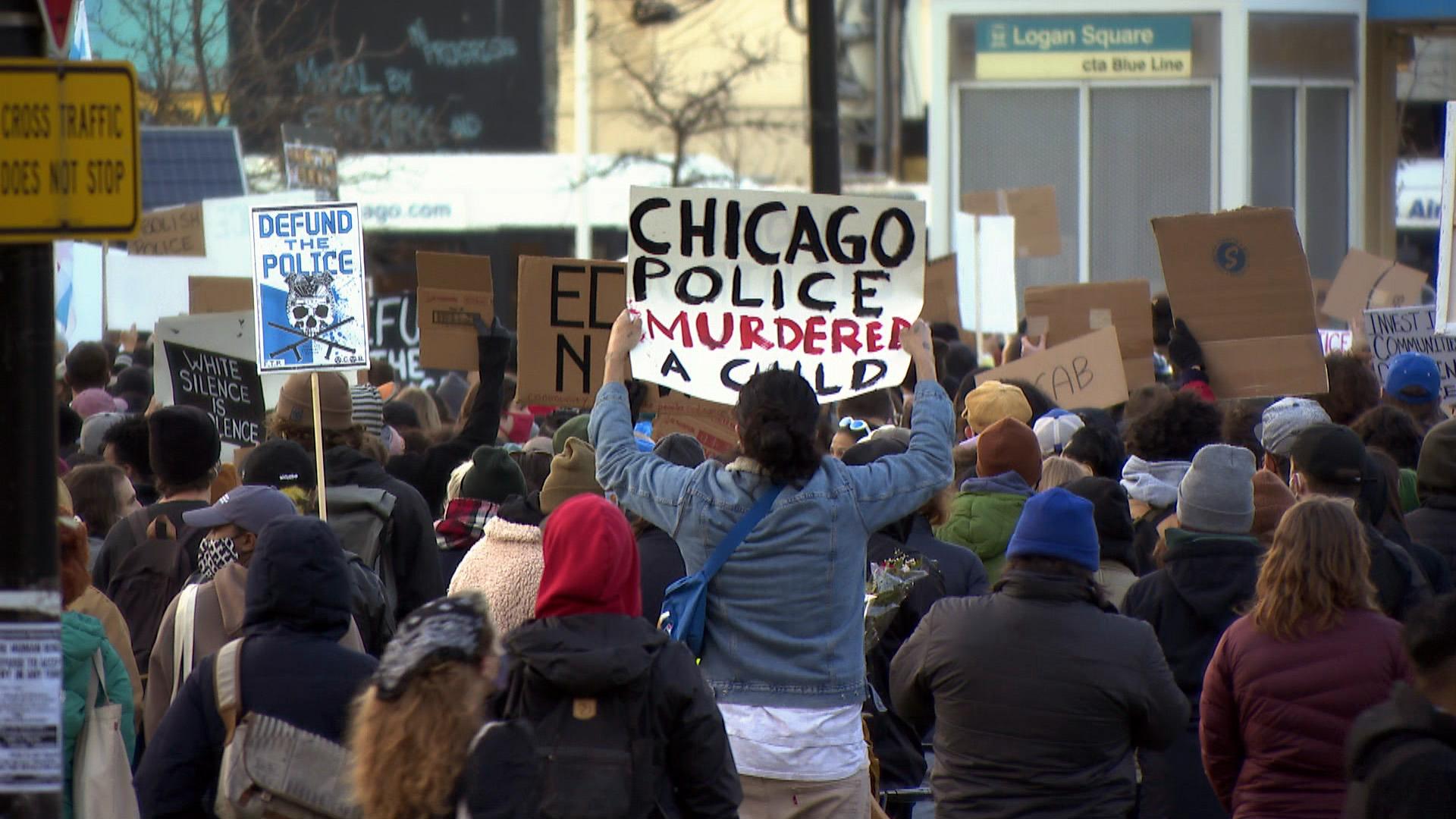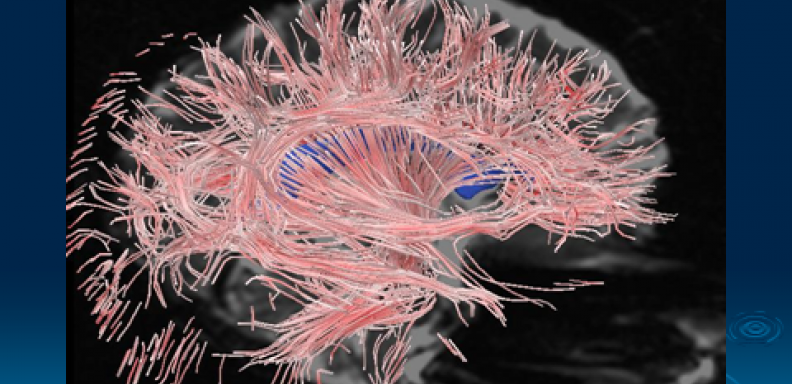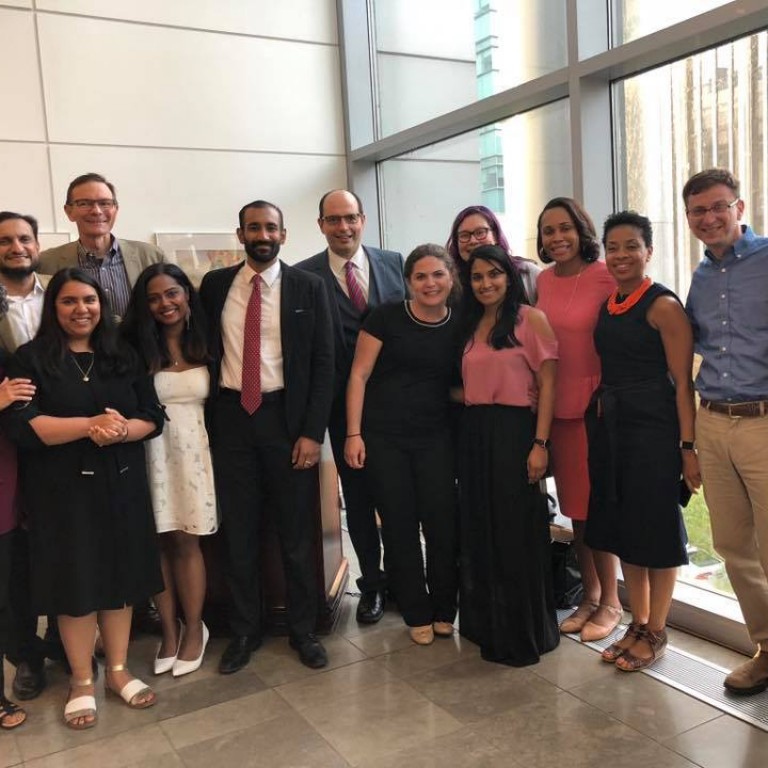Blair Paddock | April 27, 2021 8:45 pm
Over the past year, news coverage about traumatic topics like the pandemic or fatal police shootings have caused many to feel burnt out.
Can there be a balance between staying informed and not feeling overwhelmed by distressing stories?
WTTW News asked Candice Norcott, a licensed clinical psychologist and assistant professor at the University of Chicago Medicine, for strategies to help stay media savvy while avoiding the madness.
What are you hearing in terms of stress, trauma from police shootings or pandemic-related news?
This is such a timely topic. People are feeling pulled into two directions. One is a desire to bear witness and that’s really rooted in this, ‘If I turn away, what will I miss? And also things feel really big so I feel like this is the way I’m involved.’ But they’re also feeling pulled because they’re feeling this sense of ‘What I’m seeing and what I’m hearing is distressing to me.’ And what we know about trauma is it’s not just what happens to our person. We can be traumatized by what we see, what we hear, the stories. And that’s what’s called vicarious traumatization.
You talk about the need to bear witness, can you talk about the need we feel to see and hear the news?
For some communities there’s a historical precedent. When we’re not watching, when we don’t have visual evidence, injustices happen. And so there’s this sense of ‘I got to be vigilant, I’ve got to be on it.’ And then there’s also this sense of ‘These things feel so big and this is the way I participate. This is the way I show allyship. This is the way I connect.’
 Protesters gather in Logan Square on April 16, 2021 to denounce the police killing of 13-year-old Adam Toledo. (WTTW News)
Protesters gather in Logan Square on April 16, 2021 to denounce the police killing of 13-year-old Adam Toledo. (WTTW News)
How can the trauma of witnessing this news stick with people?
Always feeling keyed-up. I think part of vicarious traumatization is that it impacts us similarly as if the trauma happened to us directly. We have changes in our thoughts, for example, ‘The world’s unsafe, I’m alone, no one’s here to help me.’ We have a feeling of hyper-vigilance; our head is always on a swivel. Think of a car: your car is in park, but your foot’s on the gas. Feeling like you have lots to do but nowhere to go.
How does social media suck us further into this distressing news cycle?
One thing that I talk to my clients a lot about is being intentional. And social media takes a little bit of that intentionality away from us. My clients talk about they go to bed at 8 o’clock and two hours later they’re still scrolling through their social media because the videos keep looping. They’re not really having a sense of control over the media they’re consuming. And so often it’s images, stories, anger, other people’s personal experience and expression. It’s hard to turn the volume down when that’s the way you’re consuming your news.
What do you recommend to create the balance of staying informed, but not consuming so much that it’s stressing you out?
It’s back to that word intentional. I really encourage people to be intentional in how they consume their media. For some people they’re getting ready in the morning and the T.V. is on in the background and you’re taking information in. Maybe you’re seeing images that you weren’t really prepared to see right before a big presentation or if you’re a therapist, before you have to go listen to other people’s stories. Being intentional means, I’m going to sit down and watch news because I want to be aware of what’s happening, but I’m going to do it not before bed, I’m going to do the 5 o’clock news. Or maybe it’s going to be the news on the radio where you change the medium in which you take it in, because sometimes hearing versus seeing and hearing allows you to feel a little bit more in control of what you’re consuming.
Can the more visual news like videos be more triggering for people?
It absolutely can. When things are coming up on the screen, you don’t know what’s going to come up next. If the next video comes up on your feed or if you’re watching the news and they’re going to jump to a story about a war, you don’t know what images. Also, when people have experiences of trauma, whether they’ve experienced it in their lives or not, you can never predict what’s going to activate your trauma. It could be a picture that has nothing to do with what you went through. Sometimes that visual medium can keep a wider door open for what can activate you.
What advice do you have for people who are dealing with anxiety with all of this?
The biggest thing I have is to lean into your social supports. So often people sabotage themselves and they say they don’t want to burden other people or be a downer. They’re cutting off one of our most powerful assets when we’re thinking about coping. Oftentimes it’s because people only have one sense of how you connect with people or reach out for help. But reaching out for help can be just calling somebody and saying, you know ‘I don’t really want to be alone right now, will you go to the grocery store with me?’ Or if somebody’s far away you say, ‘Can I call, I don’t necessarily want to talk about anything. Can we just talk about that bad T.V. show we both love?’ Even that is using your support system and connecting.



